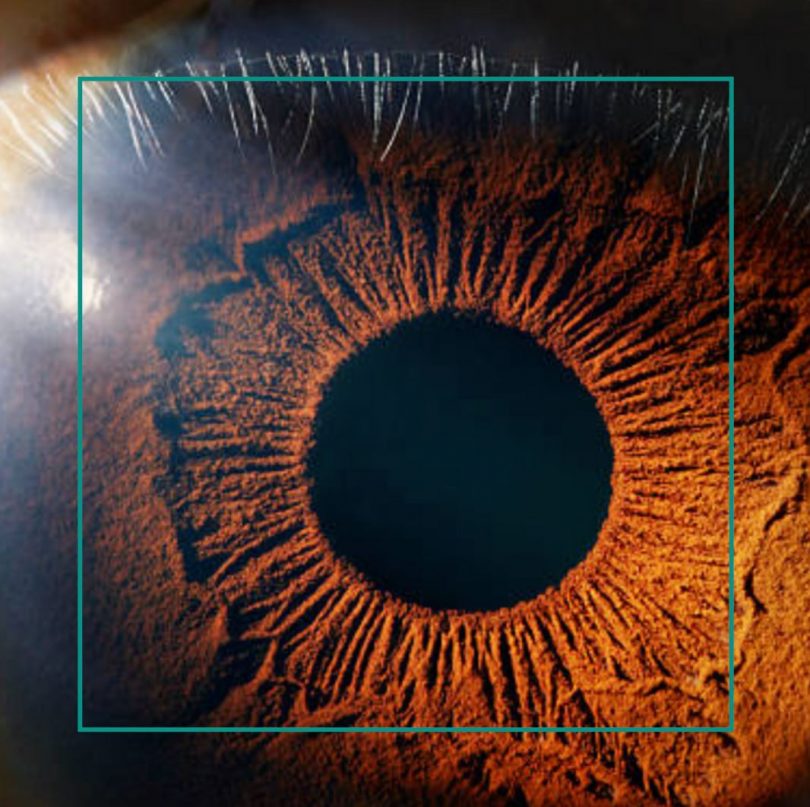Cataracts, the clouding of the lens and the main cause of blindness, is directly associated with aging. Glycation has been shown to have a major role in the formation of cataracts, a role aggravated by the patient’s possible diabetic condition (1).
Studies prove that rosmarinic acid, which deglycating efficacy has been demonstrated in vitro, has amazing results on cataract.
Thus, these studies show that rosmarinic acid completely restores transparency in cataracts in humans (ex vivo) and delays cataract formation in vivo in animal models (2).
These results confirm the tremendous potential of rosmarinic acid for managing the effects of aging associated with glycation.
To be continued…
© AGE BREAKER 04 2021
[Glycation is one of the major causes of aging. Resulting from the fixation of sugars on the proteins constituting the organism, glycation generates toxic compounds that cause cellular aging. Glycation is particularly involved in metabolic disorders, skin aging and cognitive decline.] [AGE BREAKER, patented nutritional supplements, based on rosmarinic acid, recognized by aging specialists around the world for their properties to reverse the effects of glycation.]More on www.agebreaker.com
#agebreaker #glycation
(1): A. Gul et al. Advanced glycation end products in senile diabetic and nondiabetic patients with cataract. J Diabetes Complications Sep-Oct 2009;23(5):343-8. doi: 10.1016/j.jdiacomp
(2) : M. Chemerovski-Glikman et Al. Rosmarinic Acid Restores Complete Transparency of Sonicated Human Cataract Ex Vivo and Delays Cataract Formation In Vivo. Scientific Reports. 2018; 8: 9341. Published online 2018 Jun 19. doi: 10.1038/s41598-018-27516-9









